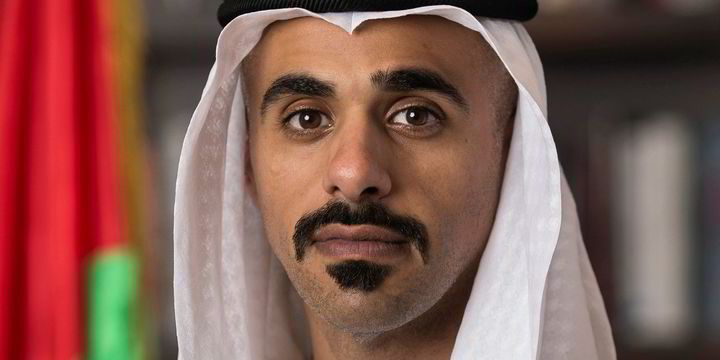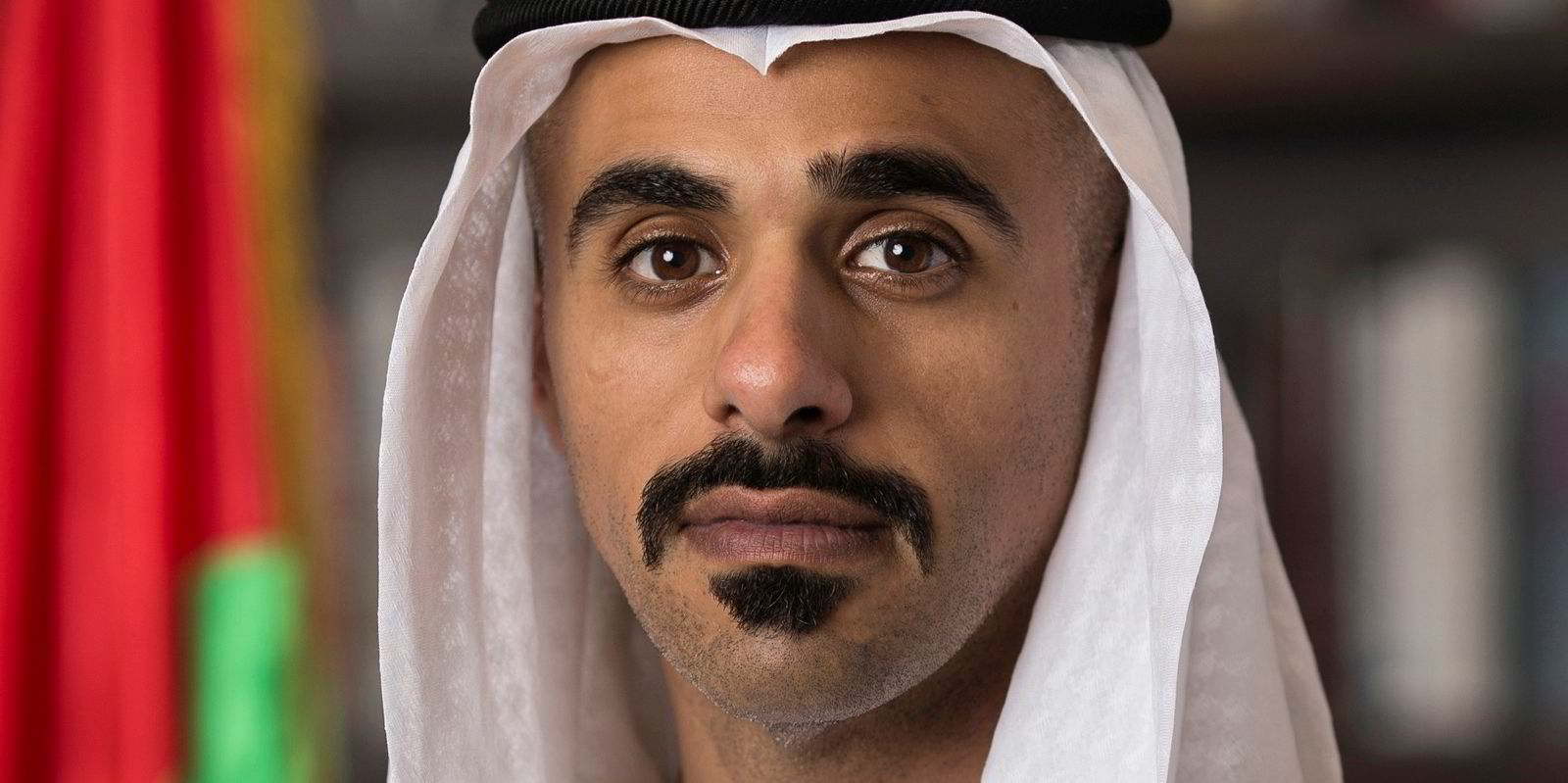United Arab Emirates President Sheikh Mohamed bin Zayed Al Nahyan has appointed his eldest son Sheikh Khaled bin Mohamed bin Zayed Al Nahyan as Crown Prince of the oil-rich emirate of Abu Dhabi.
The new crown prince is expected to play an influential role in oil policy in Opec’s third-largest oil producer, with the key Abu Dhabi emirate currently embarking on a massive capacity expansion plan, aiming to achieve 5 million barrels per day of crude by 2027.
A royal decree on the appointment was issued on Wednesday, following approval by the UAE Federal Supreme Council, the country’s highest constitutional authority that consists of rulers of all seven princely emirates.
Sheikh Khaled is not a new face at state-owned giant Abu Dhabi National Oil Company (Adnoc), currently serving as the chairman of the company’s executive committee.
Under his leadership, Adnoc last year unveiled $150 billion capital expenditure plans in the next five years, as it prepares to advance its production target on the back of improved market fundamentals.
Key initiatives
Article continues below the advert
In recent years, Sheikh Khaled has spearheaded many key decisions at Adnoc, including the launch of a new global renewable energy and green hydrogen venture between Adnoc and Abu Dhabi National Energy Company PJSC (TAQA) in 2021.
Sheikh Khaled also oversees Adnoc’s oil capacity enhancement plans and helms the company’s ambitious gas-based expansion plans, including the upcoming liquefied natural gas import facility at Fujairah.
He is also seen as a key enabler of multiple initial public offerings in recent months, as Abu Dhabi moves to list some of its prized oil and gas assets on local bourses, raising funds for its core businesses.
The new crown prince will also be under the spotlight over his role in influencing the UAE’s oil policy in the coming months, where differences have emerged with Opec kingpin Saudi Arabia.
While Abu Dhabi has been reducing production in line with the cuts imposed by the wider Opec+ grouping, there is growing resentment internally on the wider cuts amid the emirate’s ambitious capacity enhancement plans.
The fissures between Saudi Arabia and the UAE underscore the challenges key Middle East oil states face while preparing their economies for an orderly green energy transition.
Sheikh Khaled’s relationship with Saudi Crown Prince Mohammed bin Salman will be keenly watched in the coming months, as the two regional superpowers move together to greatly expand their oil and gas production capacities, while maintaining their dominance within Opec and the Persian Gulf region.
Mohamed bin Zayed Al Nahyan took over as UAE president last year, when previous president Khalifa Bin Zayed Al Nahyan died, aged 73.

